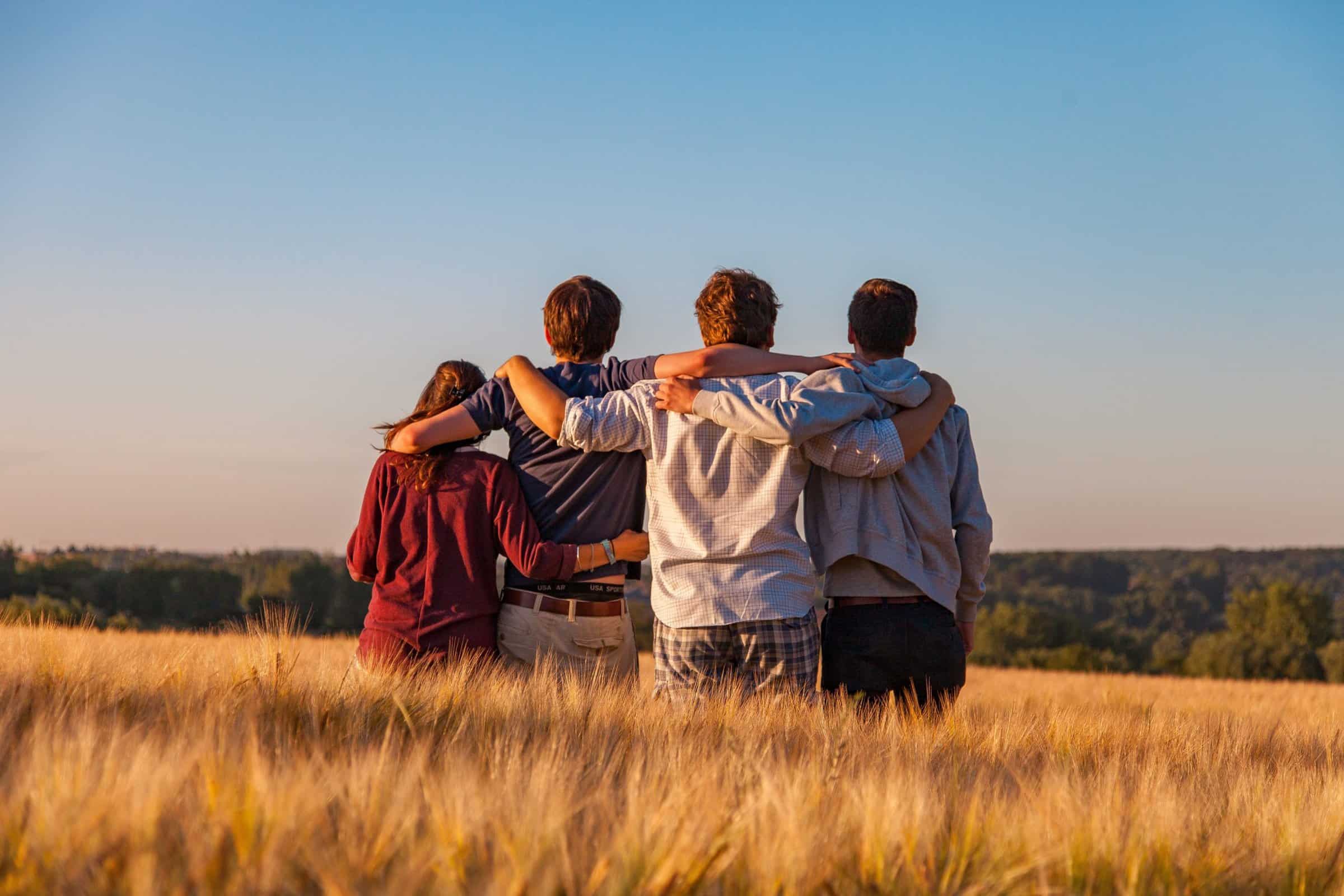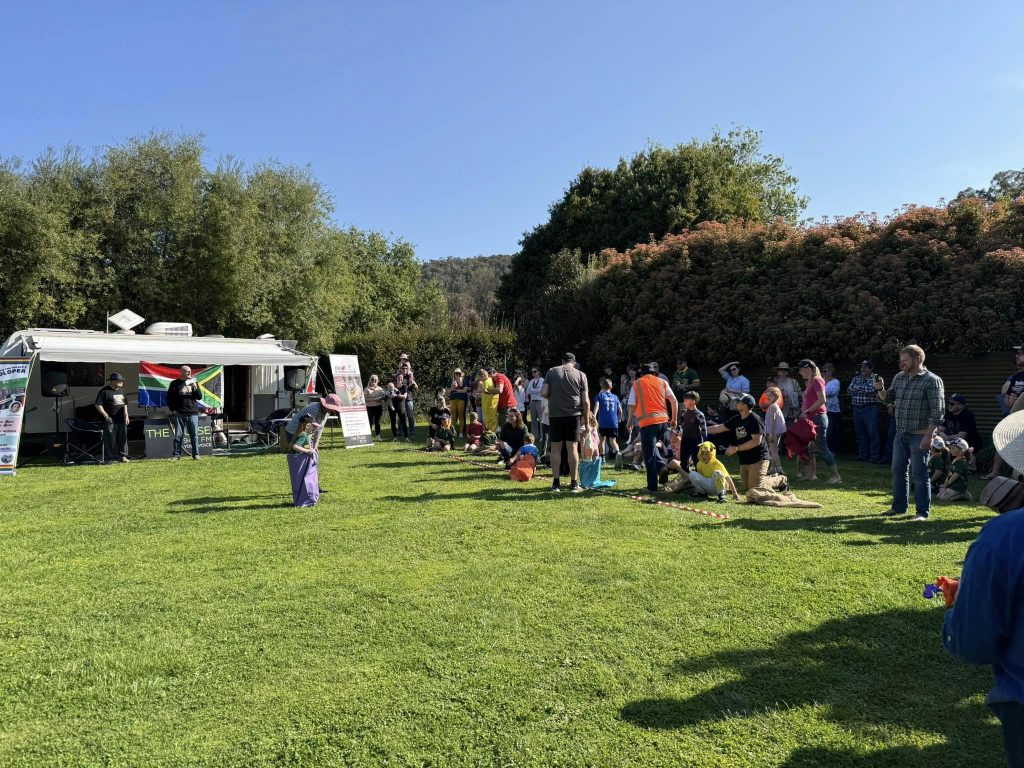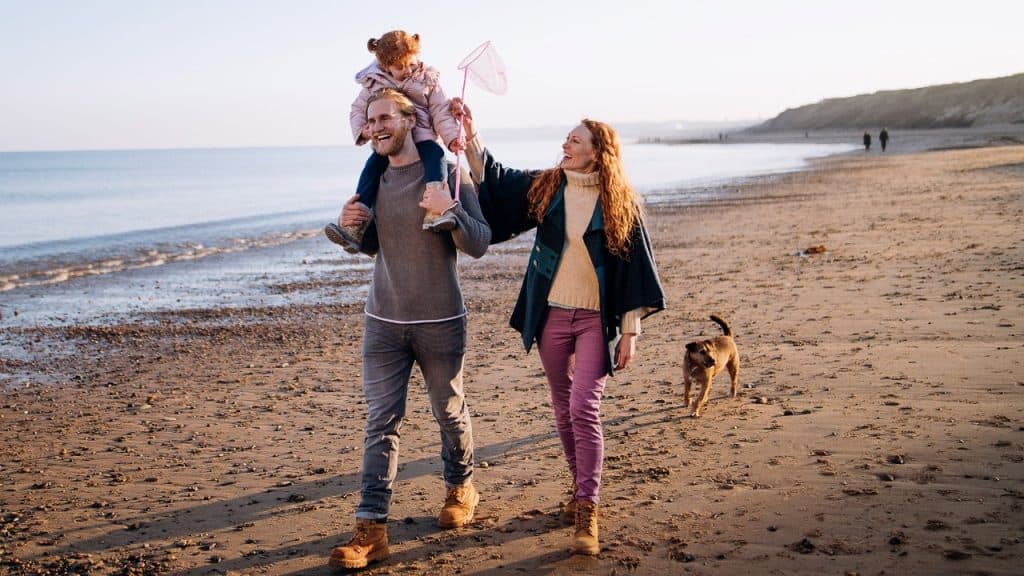Six reasons why you should connect with South Africans, even in your new host country
By Hendrika Jooste
We have heard it many times over: “I want to mix with locals, not South Africans.” So many South Africans have this approach. Integration is very important. However, it might surprise you that recent research shows that emigrants with a mixed group of friends, some from their native and some from their host country, have a less stressful integration journey and enjoy a much softer landing in their new host country.
We are born in a specific community and therefore fully connected with another human. Without connection, we cannot survive. It’s in our DNA to belong. – Radha Agrawal
Many know of the benefits of assimilating into the local culture, but what are the benefits in keeping our own countrymen close?
Start bulding early
In today’s electronic connected world, there are many ways to connect. So many of us already have acquaintances, friends or family that are living overseas. If not, there are many social media groups that you can join to start making those critical human connections.
My priority when I knew I was moving to Australia was to find like-minded Christian friends for my teenager. I’ve googled “Reformed” or “Presbyterian” churches in Melbourne. I found a congregation where the pastor was South African, and I started connecting with him and his wife. In turn, they pointed me to other South Africans who had similar aged teenagers and their children’s schools, which assisted with selecting a school and the next logical step, looking for rental properties in nearby suburbs.
There are other ways too. Think of international organisations such as “Scouts and Guides”. One of our readers enrolled her children in South Africa long before they emigrated. On their arrival in Australia, she and her children were supported and made new friends without a fuss. Their new “Scout” family immediately supported them.
Six reasons why a South African support network is important
1. Soft landings
On our arrival in Australia, our newly acquainted congregation members provided temporary furniture until our container arrived. We had a toaster, microwave oven and cutlery, saving us a ton of money. Our teenager generously received school uniforms, a blazer and cardigans from our new friends. We only had to buy two shirts and school shoes. She had friends from day one and quickly settled into her new school environment.
In her capacity as a relocation agent, Robyn Vogels (now my business partner) assisted us with finding a rental property that suited our budget, our personal needs and being a South African, she knew what South Africans are looking for in a property. It was super easy, even though we had a pet.
Our first Christmas in Australia was a very happy occasion. We shared with our new South African friends who not only had traditional South African dishes (for the homesick ones), but they also introduced us to the traditional Australian Christmas dishes. We have very fond memories of those early months in our new host country.
2. When the going gets tough – sometimes we need our own tribe that relates.
We all know that life is no beach party. It throws us curveballs from time to time, and that is when you are going to need your South African friends more than ever. Here are a few examples:
- Family members in South African pass away, and you do not have the finances to fly home for every funeral. Fellow migrants understand the resentment, mixed emotions and hurt. They have a better understanding than host country friends who can’t identify with your experience.
2. You are moving house, and you need help with the heavy South African furniture.
3. You are injured, and your friends help out with the cooking and other tasks.
4. You need emotional support, and you struggle to talk to an English-speaking counsellor about your innermost feelings and emotions. A good friend, speaking your mother tongue, with a listening ear is sometimes all you need.
5. Sharing with a friend your most recent “language” or “cultural” boo-boo you made at work or while shopping. Laughter helps with the integration process.
6. You need a sounding board for particular South African-related dilemmas such as your family’s safety concerns, breakdown of infrastructure and care for elderly parents back home. Your host country friends can’t relate to your South African cultural background, and their advice will be futile.
3. Official references and character witnesses
When you commence your citizenship process in most countries, you need signatures and affidavits of people who have known you since you arrived in your host country. Those South Africans you connected with even before you arrived in your host country will come in very handy.
A South African accountant, who moved to Australia two years ago, recently needed character witnesses from people outside of the work environment during legal proceedings for fraudulent activities she uncovered during the course of doing her job. For instances like these, you need friends that are not related (family) nor current work colleagues.
The same can be said for appointing legal guardians for your children whilst you are in your host country. In every country we lived, until our child was 18 years old, we changed our will to appoint South African friends in the host country that would be her guardian if something happened to both of us. You want people who understand your children’s cultural background and mother tongue (if it is not English).
4. Stand-in grandparents, guardians and baby-sitters
With Covid-19 and the world cut off from friends and family, it became clear how important it was to have those South African connections in place. My husband and I are currently the stand-in grandparents for several young South African children. We spoil them with outings, giving hugs and kisses, reading stories (in Afrikaans) and wiping a tear because they miss their natural grandparents. We also support the parents who are at their wits ends with lockdowns, homeschooling and the fact that they are missing their parents who can’t come to visit as they had promised before they emigrated.
Host country friends who never emigrated do not understand your predicament. Your fellow South African and migrant friends are in the same boat. They have a better understanding of how difficult it is not to be near a loved one who is terminally ill or not being able to attend a funeral back home. Zoom funerals suck, and it doesn’t provide you with the closure you need. New friends in your host country are entirely indifferent to your plight and your grief.
A few weeks ago, I was at a medical centre and whilst I was waiting, the receptionist starting sharing with me how hard the lockdowns had been for her. Her mother lives in regional Victoria, and she hasn’t seen her in weeks. She finally stopped and asked me how I was doing. I told her that my mother lives in South Africa, I hadn’t seen her in two years, and I will be missing her 80th birthday celebration in a few weeks. Her clumsy, mumbling response and subsequent silence was a sure sign of her indifference to migrants’ circumstances.
5. Looking for employment
In Australia, as in the US, Canada, the UK and NZ, most of the job market is hidden. It will help if you use LinkedIn to connect with fellow South Africans already working at companies you short-listed as preferred employers. Peer to peer networking with those who understand can be vital.
Business networking groups on social media like a South African Business Network or a Professional Migrant Women’s Group could be helpful. You will meet fellow migrant accountants, engineers, or small business owners monthly, where you can network in a social setting. These groups also share job opportunities when they become available before they are advertised on public job websites. They can also provide you with several tips and tricks on how to find jobs and point you in the right direction to save you time and unnecessary effort.
6. Your home country heritage, an injection of happiness.
There is nothing more uplifting than when you attend a South African cultural event, such as an artist or comedian who tours your host country, or even a South African camping or bazaar event.
You erupt in song with Steve Hofmeyr when he sings “Die Blou Bul” even though you are not a Bull-supporter, you laugh with Trevor Noah at his jokes or you “sokkie” until early morning hours because it fills up your emotional (heritage) tank. You eat “vetkoek”, “samosas” and “koeksisters”, “braai boerewors” and eat desserts such as “malvapoeding” or “melktert”.
You tell jokes and speak your native language, and for a few hours, you are completely and utterly yourself (and at home) again. These events are necessary for the parents, but it also helps the younger generation to connect with their home country’s heritage and traditions. That is their cultural link with their grandparents and cousins back home. At these events, you get all four of your daily D.O.S.E-ing of natural brain chemicals, namely: dopamine, oxytocin, serotonin and endorphins.
Like everything else in life, it is all about balance. For a successful immigration and subsequent integration journey you need friends from your South African cultural heritage as well as friends from you new host country. Don’t try to recreate a “little South Africa” in your host country but also don’t cut off all your cultural heritage roots. A tree cannot grow without its roots.
Are you looking for support on your migration journey?
If you are looking for support on your migration journey, contact Hendrika Jooste, the Migrant Whisperer, at www.facebook.com/migrantwhisperer. This topic is also covered in her book, Your D.I.Y. Move Guide to Australia, available on Amazon and the website: www.yourmoveguide.com.
Hendrika Jooste and her business partner, Robyn Vogels, co-wrote a book for South African migrants:Your D.I.Y. Move Guide to Australia: The South African Guide, and the Global Edition (Amazon bestseller): Your D.I.Y. Move Guide to Australia for all migrants moving to Australia.
You can connect with them on www.yourmoveguide.com.
Photo: dim-hou-unsplash
Share on
Latest articles




















